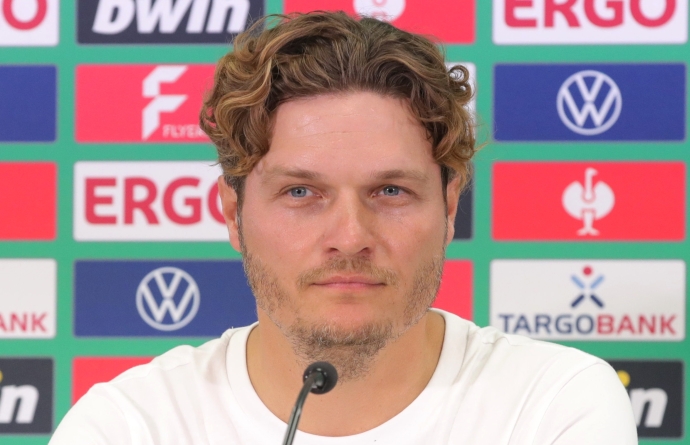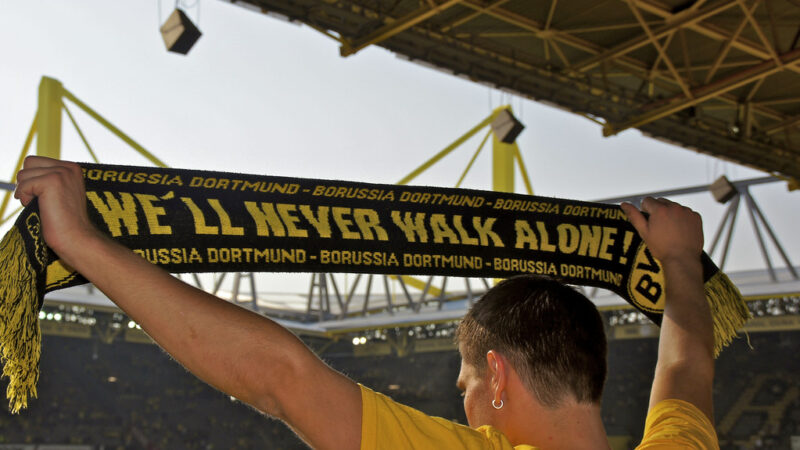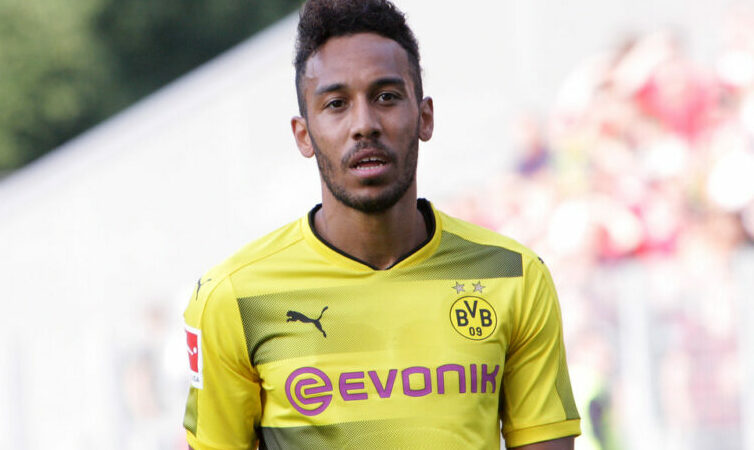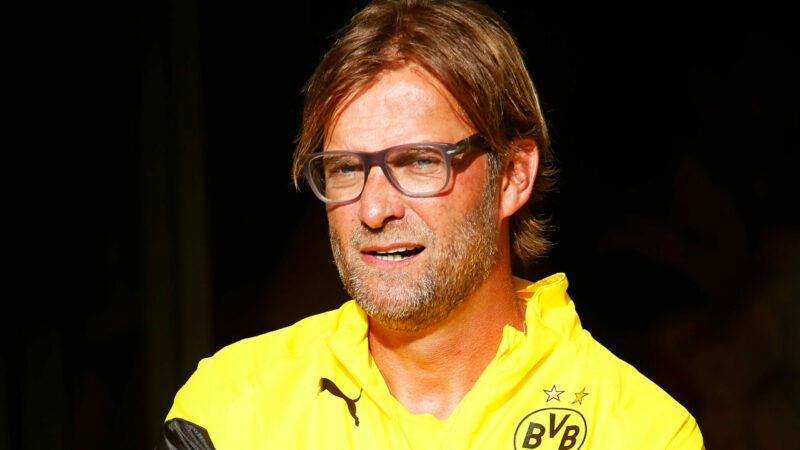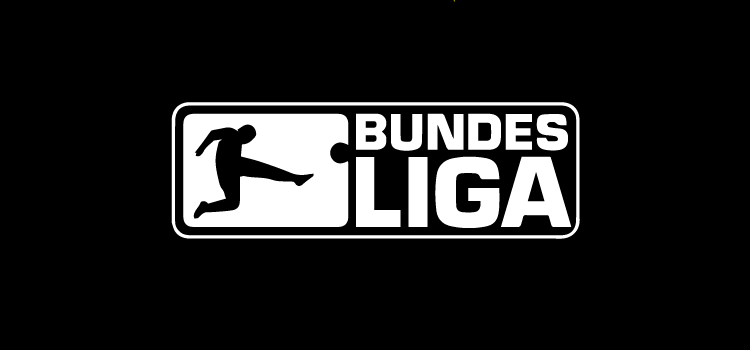The Balancing Act: Can Stoeger Keep the Goals While Fixing the Defence?

What would have to happen in the second half of the season for the hiring of Peter Stoeger to be viewed as a success? Would it only be in the event of a real title challenge? Would it be successful if Dortmund finished second? Or is it just about putting the defence right for another go around next season? With the incredible highs and the humiliating lows of Peter Bosz’ tenure, it was difficult to say if Dortmund were simply a talented team playing poorly and being let down by poor tactics, or if they turned over so much of the squad in recent years that there simply isn’t enough experience and quality as there once was. Whatever the case, it has fallen to Peter Stoeger to steady the ship, and while the defence has already improved dramatically, the question is now whether their focus has turned too far from the team’s attacking roots in an effort to stop shipping goals.
Defensive Progress
There is no denying that the biggest issue facing Dortmund under the brief tutelage of Peter Bosz was defence, and new manager Peter Stoeger has wasted no time in correcting it upon his arrival. His influence has been far from revolutionary, instead taking this talented squad and simply reorganising the same players into a more balanced shape. Even the team’s resident punching bag when things go wrong, Roman Burki, appears to have benefitted from the managerial change, and he had another solid match against Wolfsburg, earning the clean sheet in the 0-0 draw. Lukasz Piszczek and Jeremy Toljan put in solid shifts from their fullback positions while Sokratis and Omer Toprak were excellent as Dortmund’s most physical centre-back pairing.
Altogether, the defence allowed 9 shots, but just 5 came from inside the box, only really troubling Burki on 1 occasion. Dortmund won 2/3 of their aerial duels and prevented all but a single cross from finding the mark on Wolfsburg’s 21 attempts, an exceptional job of keeping the area clean for the keeper. With Julian Weigl the only defensive minded midfielder in that match, as he was joined by Mario Gotze and Shinji Kagawa, Dortmund was not as effective as they usually are in retaining the ball; they nearly split possession with Wolfsburg, but Stoeger’s influence was evident in their focus on holding their shape over aggressively attacking the ball in packs. Overall, the signs were very encouraging for a defence that has at times looked like one of the most inept in Europe
Against Hertha Berlin last Friday, the defence again put in a strong showing, but with less success in the air and in duels than they had against Wolfsburg. Stoeger went with the same defence and midfield as the previous match, and it is clear that he prefers the veteran presence of Toprak and Sokratis at the back. Lukasz Piszczek has also been solid since returning from the winter break, making up for his declining pace with savvy and anticipation at right back. Defensively, Mario Gotze might be the weakest link in his number 8 position, but his work rate has not been objectionable for a player clearly still trying to find his fitness again. Still, compared to the gaping holes routinely being left in the defence under Peter Bosz, the structural integrity that Stoeger has brought to the team so quickly must seem a revelation to the fans and the players alike.
Attacking Regression
As objectively terrible as the defence often was under Bosz, the attack was one of the most electrifying in Europe. Bosz’ infamously inflexible approach created a feast or famine situation for his team, where they would either look like world beaters when it worked, or an amateurish mess when it didn’t. The key to beating the Dutchman’s Dortmund side was the ability to play through the press. The attackers and midfielders pushed so high up to win the ball back quickly, they left the defenders with a lose-lose situation if the ball went the other way; they could either play a high line to compress the space, but leave themselves vulnerable to the counter-attack in a league full of teams capable of beating you that way, or they could sit back and leave acres of space for the opposition to work in. Teams that were able to release the pressure from the initial press could gash the Dortmund defence for scoring opportunities, but when it worked, Dortmund posted some massive multi-goal victories (such as their 5-0 defeat of Stoeger’s Koln in September).
Unfortunately, since the managerial switch, Dortmund have seen a decline in their attacking output to go along with their improved defence. They may not have conceded more than 2 goals in a match since Stoeger joined, but they also haven’t scored more than 2 themselves. With Max Philipp’s continued absence through injury, Marco Reus still working towards his own return, a star striker losing focus in Pierre-Emerick Aubameyang, and inconsistent form in front of goal from players like Andre Schurrle, Andriy Yarmolenko and Alexander Isak, it cannot all be attributed to the coaching, but fans would have hoped that a well-timed winter break would lead to more attacking initiative once the team returned, but as of yet that has not been the case.
Against Wolfsburg, the attackers simply could not hit the target, just finding goal once from 18 shots. Andriy Yarmolenko was exceptionally wasteful, missing several opportunities that he might have converted on another day. The attack lacked imagination against Wolfsburg as it looked like the team was shaking off their holiday rust for most of the match. Shinji Kagawa has been the most vital link between the midfield and attack since Stoeger arrived, and he was far an away the closest player to making a difference besides his wayward Ukrainian teammate. The attack clearly missed the quickness and playmaking ability of Pulisic, as Alexander Isak, in particular, appeared to suffer from the American’s absence at centre-forward, lacking the quality service he needed to make his mark. The 0-0 draw was as lifeless as the score suggested, and hardly the way the club wanted to start their second half of the season.
The attack again struggled against Hertha Berlin until Gotze was subbed off for Isak, who immediately brought a presence the game he hadn’t the previous match. His coming on at centre-forward moved Andre Schurrle out wide, where he immediately made more of an impact than he had all match at the 9. It took just 4 minutes from the change before Shinji Kagawa found the net, at last, breaking a streak of 170+ minutes without scoring and salvaging the point for Die Borussen. It was during the last 20 minutes when Dortmund started to look like their old dangerous attacking selves, but they also left some gaping holes between the midfield and the defence in doing so that might have been exploited by a better opponent. Still, after nearly 2 full matches of slow and predictable buildup play and poor shooting, the uptick in quality was a relief to witness.
Will Stoeger Find the Balance?
Is it possible for Peter Stoeger to succeed in doing exactly what he was hired for, but still not be good enough? All the talk surrounding the job next year presumes that the club will turn to another young, up and coming candidate in the mould of Thomas Tuchel as their long-term solution, with Julian Nagelsmann, named most often as the man for the job. Stoeger was hired to fix a defence that looked as bad as any in Europe this past autumn, and the early indications are that he is doing so. Dortmund, however, are not a team that are built to win game after game in pragmatic 1-0 type fashion. The club’s current model thrives on a constant supply of young, talented players with exciting skill sets, and those players are attracted to the club in part by their exciting style of play. The likely loss of Pierre-Emerick Aubameyang this January will only further complicate matters for the attack, likely forcing them to bring in a new player and work him into the system. Marco Reus, providing he returns strong, could help to pick up some of the goalscoring slack should Aubameyang depart, but Stoeger might need to be a bit more aggressive tactically than he typically is to coax the goals out of the remaining players.
Despite all of the uncertainty this January, Dortmund should still expect to find themselves battling for second place in the Bundesliga and a spot in next season’s Champions League by season’s end. With RB Leipzig looming as a legitimate threat to Dortmund and Bayern Munich for German supremacy in the future, die Schwarzgelben need to keep as many revenue streams open as possible, including the lucrative Champions League, in order to maintain their place in the Bundesliga hierarchy. Bayer Leverkusen are a strong side this season, and Schalke is always in the process bringing through the next generation of great German talent, so the road to second place is anything but easy. However, despite all of the inconsistencies and struggles this season, Dortmund remain one of Europe’s most talented sides, and if they can continue to make progress under Stoeger, they will be right back where they need to be.

